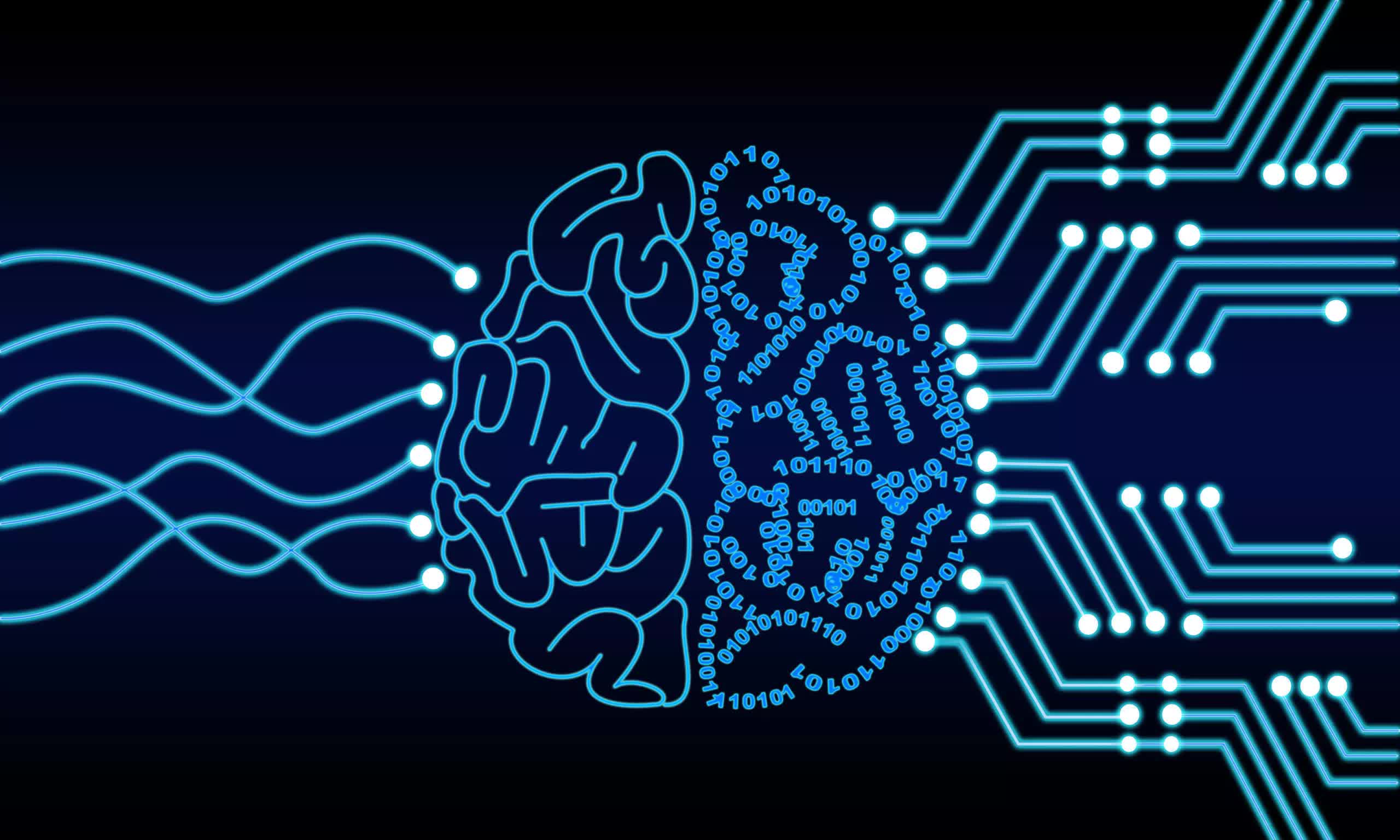Who are they? Richard Sutton and Andrew Barto are pioneers of reinforcement learning, a machine learning technique modern AI models utilize. Sutton is often referred to as the "father of reinforcement learning" and serves as a professor at the University of Alberta. Barto is a professor emeritus at the University of Massachusetts. Both scientists are not particularly pleased with how AI companies are applying their life's work.

Richard Sutton and Andrew Barto won this year's Turing Award, considered the Nobel Prize for computing, for their significant contributions to machine learning development. The two researchers are now speaking out against OpenAI, Google, and other AI companies releasing potentially dangerous software to end customers. They criticized ChatGPT as just a money-making machine that will never produce a working artificial general intelligence (AGI).
Sutton and Barto developed reinforcement learning (RL) during the 1980s, inspired by behaviorist psychology. Reinforcement learning is one of the three basic machine learning paradigms, along with supervised and unsupervised learning. Reinforcement learning teaches AI agents, through trial and error, to make decisions that achieve the most optimal results, similar to how humans learn.
OpenAI, Google, and other corporations build their AI platforms with RL. Financial Times notes that Barto believes that bringing this kind of AI software to millions of people without safeguards is inherently wrong. Using a metaphor, Sutton and Barto pointed out that most or all AI companies are building a bridge and testing its structural integrity by opening it to the public.

Barto says that sound engineering practices suggest that developers try to mitigate the negative consequences of technology. Neither OpenAI nor any other AI-focused company is doing that. Current AI models make errors, hallucinating non-existing "facts" with binary confidence, but the companies behind them are collecting billions of dollars in unprecedented funding campaigns.
"The idea of having huge data centers and then charging a certain amount to use the software is motivating things, and that is not the motive that I would subscribe to," Barto said.
For-profit companies only seek money-making opportunities. The eventual event of one of them bringing the first (AGI) onto the world is just bragging rights; even those are leveraged to boost sales.
Proponents of AGI think that this kind of superhuman, all-digital intelligence is almost here and will radically revolutionize technology and everything else. Sutton suggested that AGI is just a buzzword for marketing campaigns. Barto remarked that companies developing AI need to gain a better understanding of how the human mind works before they can responsibly build systems with human-level intelligence.
Reinforcement learning pioneers harshly criticize the "unsafe" state of AI development